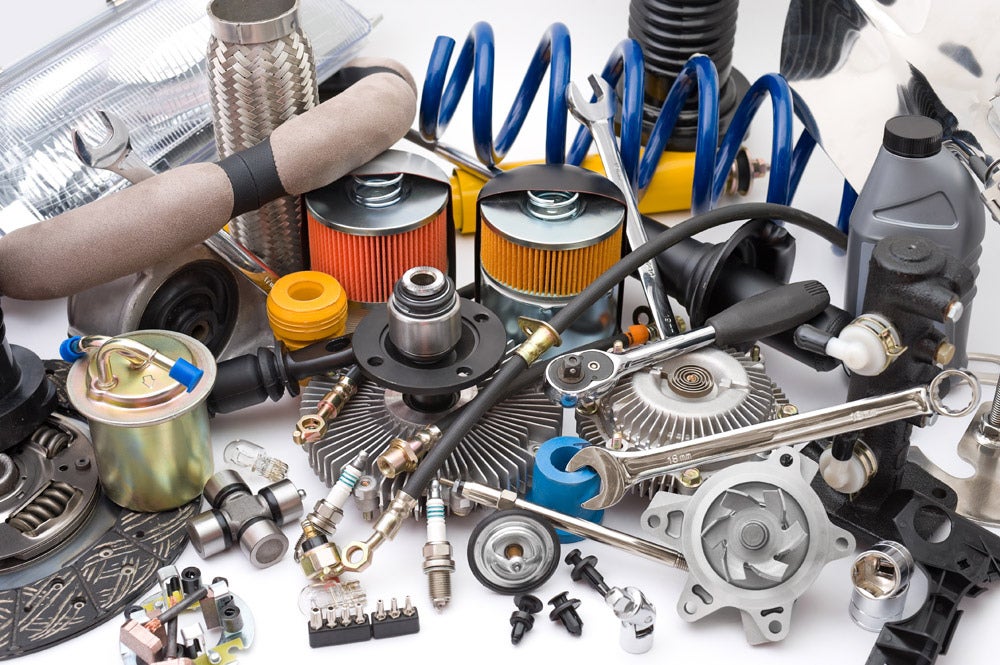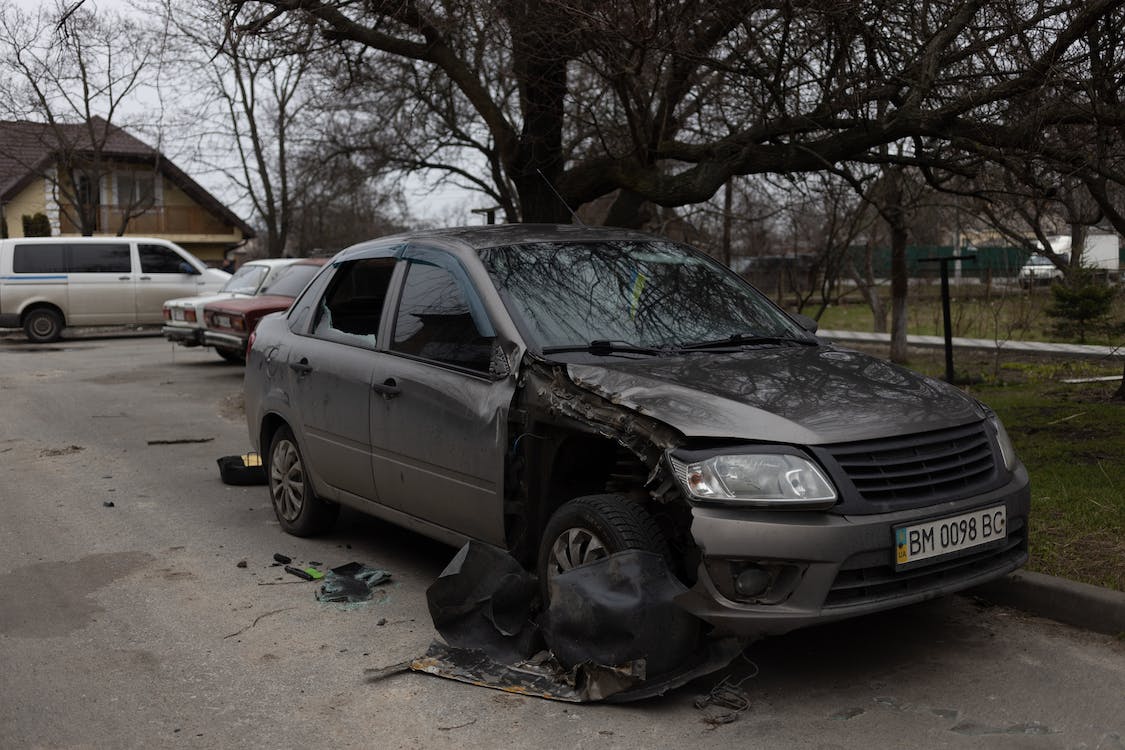If you drive a diesel vehicle, the kind of service your engine needs is very different from that of a petrol-powered car. And that means you can’t trust just any mechanic to get the job done right.
You need someone who understands the unique makeup, demands, and quirks of a diesel engine – in short, you need a diesel mechanic. The differences between petrol and diesel engines run deeper than just the type of fuel they use, and those differences directly affect how these vehicles should be maintained, diagnosed, and repaired.
How Diesel Engines Differ from Petrol Engines
At the heart of the matter is how combustion occurs. Petrol engines rely on spark ignition, where a mixture of air and fuel is compressed and ignited with a spark plug.
Diesel engines, however, use compression ignition. Air is compressed to such a high pressure and temperature that when diesel fuel is injected, it ignites spontaneously. This core difference has massive implications.
Diesel engines have much higher compression ratios, which can sometimes be as high as 25:1 compared to 11:1 or 14:1 in petrol engines. This means they generate more torque and better fuel efficiency, but also operate under significantly higher pressures and temperatures. As a result, they require more robust engine components like heavy-duty pistons, cylinder heads, and crankshafts.
Fuel delivery systems are another key difference. While petrol engines use a simpler port or direct injection system with relatively low fuel pressure, diesel engines rely on high-pressure common rail systems capable of exceeding 30,000 psi.
That kind of pressure demands ultra-precise components, and when anything goes wrong, such as an injector failing or a fuel pump leaking, it can lead to serious engine damage.
Why Diesel Vehicles Need Specialised Care
Diesel engines are both tough and complex. They include components like turbochargers, diesel particulate filters (DPFs), and EGR (Exhaust Gas Recirculation) systems that aren’t found in petrol engines. Each of these systems has specific servicing needs and can cause major issues if neglected.
For instance, DPFs are designed to trap soot and other particulates before they leave the exhaust. Over time, they can become clogged, leading to reduced engine performance, increased emissions, or even complete engine shutdown.
Cleaning or regenerating a DPF isn’t something your average petrol-focused technician can handle. It requires a technician trained specifically in diesel engine repair service.
Turbochargers are another area of concern. While some petrol cars have turbos, they are far more common and critical in diesel engines. Diesel turbos often work under constant load and extreme heat, making them more susceptible to failure if not serviced correctly.
A regular mechanic may not understand the importance of proper warm-up and cool-down procedures or the specific oil needs required to keep these systems in top shape.
What Makes a Diesel Mechanic Different
A diesel mechanic isn’t just a general technician who dabbles in different engines. They are actually specialists who train for this. Their training focuses specifically on the inner workings of diesel systems.
This includes how to diagnose problems with fuel injection systems, handle high-pressure components, clean DPFs using ultrasonic technology, and manage the unique cooling and exhaust systems found in diesel engines.
More importantly, a specialist in diesel repair understands compliance. Diesel vehicles, especially commercial ones like trucks and buses, are subject to strict environmental and safety regulations. From emissions testing to roadworthiness checks, a diesel expert knows how to ensure the vehicle is legal and safe to operate.
And let’s not forget tools. Diesel mechanics use specialised diagnostic equipment tailored for reading diesel engine codes, high-pressure fuel testing systems, and heavy-duty lifting tools capable of handling the larger, bulkier engines found in diesel vehicles.
Without this specialised toolkit, many diesel-specific issues simply can’t be accurately diagnosed or repaired.
Common Diesel Engine Problems That Demand a Specialist
Diesel engines are known for their reliability, but they’re not immune to faults. Here are some issues that are especially common and uniquely tricky in diesel vehicles:
- Injector Problems: Diesel injectors are precise components that must atomise fuel perfectly. When they fail (due to wear, contamination, or incorrect coding), your engine can misfire, consume more fuel, or emit excess smoke. Diagnosing injector problems requires specialist scan tools and high-pressure testing rigs.
- DPF Blockages: The Diesel particulate filter traps soot to reduce emissions. But over time, it can get clogged, especially in vehicles that don’t drive long distances regularly. A diesel repair specialist knows how to clean or regenerate a DPF without damaging it.
- Turbocharger Issues: A failed turbo means a loss in power, poor acceleration, and black smoke from the exhaust. Turbos on diesel engines operate under higher pressure and heat than petrol ones, and their servicing requires a precise understanding of boost pressure and airflow dynamics.
- EGR Valve Failures: The Exhaust Gas Recirculation valve helps reduce NOx emissions, but is prone to carbon buildup. A diesel mechanic will clean the EGR system using non-corrosive methods that preserve sensor calibration and valve function.
Why You Need Routine Diesel Servicing
Diesel servicing can be likened to preventive health care. If you get it done regularly and by someone who truly understands your engine, you’re far less likely to face breakdowns or costly repairs.
A professional diesel engine repair service includes much more than just oil changes. It often involves detailed diagnostics, injector testing, DPF regeneration, EGR cleaning, and intake system inspections.
A proper repair approach will not only boost performance and reliability but it will also significantly extend your engine’s lifespan. Whether you’re driving a light-duty 4WD or a heavy-duty commercial vehicle, the stakes are high. And that’s why having the right specialist is very important.
So next time your diesel vehicle needs attention, don’t settle for the generalist. With a diesel engine, there’s actually no room for guesswork, only expertise. So be sure to choose a qualified diesel mechanic near you who knows what makes your engine tick and can keep it running like new.





